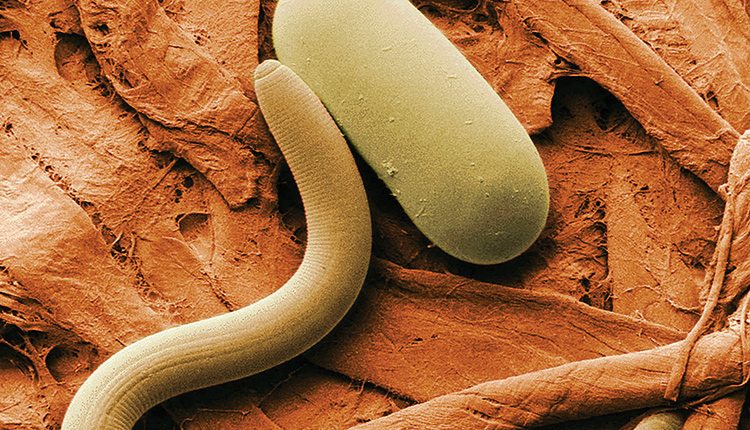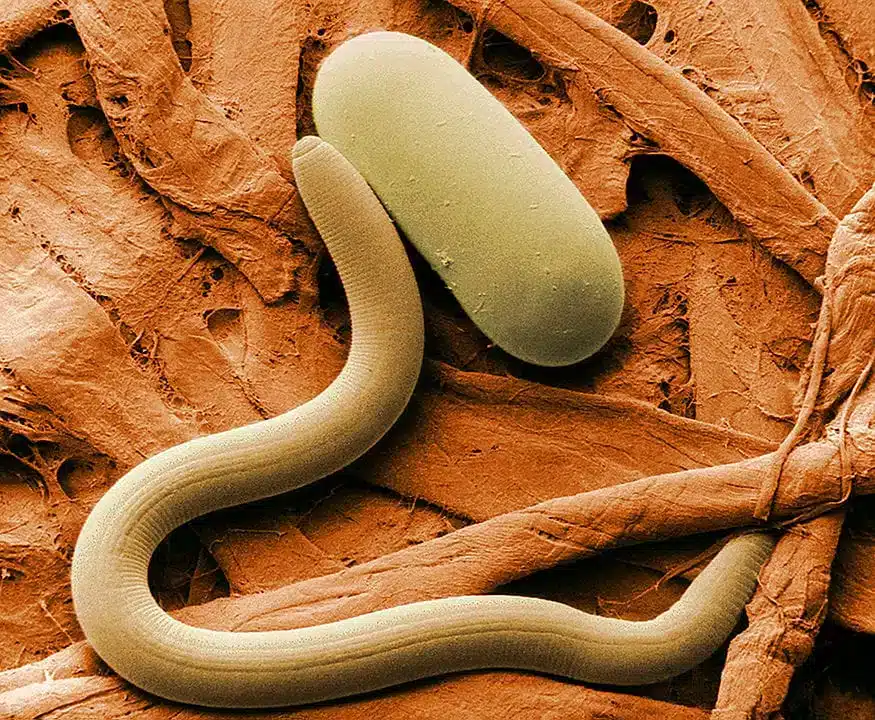A recent survey conducted by researchers, led by Iowa State University (ISU) nematologist Greg Tylka and reported on this week by the U.S.-based SCN Coalition, reveals the continued spread of soybean cyst nematode (SCN), one of the most damaging pathogens affecting soybean crops. From 2020 to 2023, SCN was detected for the first time in 31 counties across 10 U.S. states, as well as in 10 rural municipalities in Quebec and three counties in Manitoba and Ontario.
SCN’s Impact on Soybean Production
SCN is now widespread across key soybean-producing regions in the U.S. and Canada, significantly impacting yields. Illinois and Iowa, the top soybean-producing states, experience SCN-related yield reductions in every county. In fact, SCN causes more yield loss in U.S. soybeans than any other pathogen, with losses estimated to be double those of the next leading soybean disease.
“Fields may remain infested with SCN for years before infestations are discovered,” Tylka cautions, highlighting the importance of proactive testing and management.
Challenges in Managing SCN Resistance
Although breeders developed SCN-resistant soybean varieties using genetics from sources like PI 88788 and Peking soybeans, overuse of PI 88788 has led to diminished effectiveness as SCN populations adapt. While PI 88788-based resistance remains dominant, the availability of Peking-resistant varieties is increasing.
“Farmers now have many choices of varieties with Peking SCN resistance from many brands,” Tylka says. “This allows for rotating resistant varieties, which is essential for effective SCN management.”
Recommendations for Farmers
The SCN Coalition urges farmers to actively manage SCN by implementing strategies such as:
- Testing soil to determine infestation levels.
- Rotating SCN-resistant soybean varieties.
- Planting non-host crops.
- Using nematode-protectant seed treatments.
While Peking-resistant varieties may outperform PI 88788 varieties in SCN-infested fields, Tylka warns against relying solely on Peking resistance, as overuse could lead to resistance development in SCN populations.













